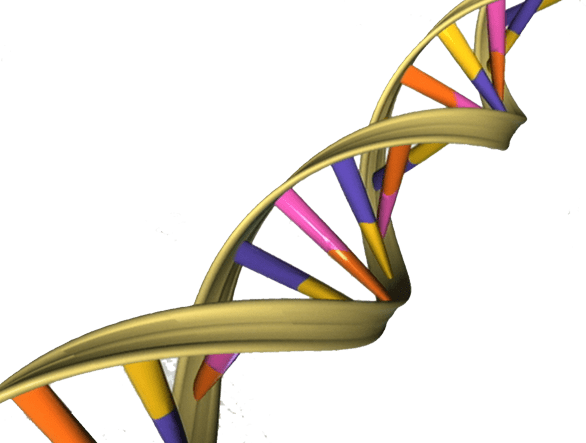
A passage from Surprised by Meaning: Science, Faith, and How We Make Sense of Things (Louisville: Westminster John Knox Press, 2011), by the Oxford theologian Alister McGrath, who holds Oxford doctorates in both divinity and intellectual history — which he earned after he had first received an Oxford doctorate in molecular biophysics:
Yet it is not simply the origins of the universe that seem to show evidence of fine-tuning. A good case can be made for the same patterns emerging at the biological level. It is generally agreed that living systems require two fundamental components: (1) a self-maintaining metabolic system and (2) a genetic system capable of transmitting biological information. Both of these turn out to be critically dependent on the properties of certain chemical elements, which could have been very different.
In recent years, a new field of research has opened up, exploring the remarkable role played in the development of life by metal ions. The term “bioinorganic chemistry” is sometimes used to refer to the exploration of the remarkable biological significance of small traces of metal ions in critical processes, such as photosynthesis and oxygen transport. This field was pioneered in the 1950s by R. J. P. Williams at Oxford University: since then it has become a leading area of scientific research. If the chemical properties of the elements were slightly different, many of the key chemical reactions on which life depends could not take place. The conversion of light to chemical energy in photosynthesis, and the “fixation” of atmospheric nitrogen by plants to produce essential nutrients — these are examples of critical chemical processes upon which life depends. If the fundamental properties of the elements of the universe were different, these reactions might not be able to take place, and life as we know it could not have emerged.
Furthermore, it is clear that a capacity to encode information is of decisive importance for evolution in general and evolvability in particular. And that is critically dependent upon the organic chemistry of carbon, which permits the formation of long, stable chains. No other element has this property; without it, complex molecules essential to life such as RNA (ribonucleic acid) and DNA (deoxyribonucleic acid) would be impossible, as would the replicative processes they control. The capacity of evolution to fine-tune itself is thus ultimately dependent on fundamental chemical properties which in themselves can thus be argued to represent a case of robust and fruitful fine-tuning. (68-69)











